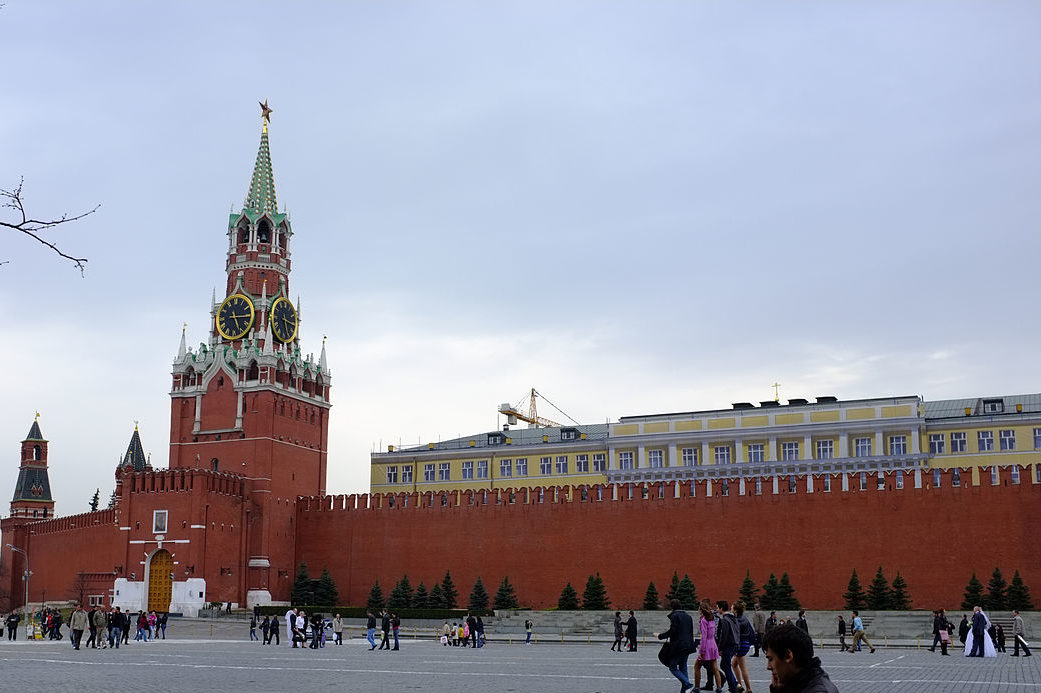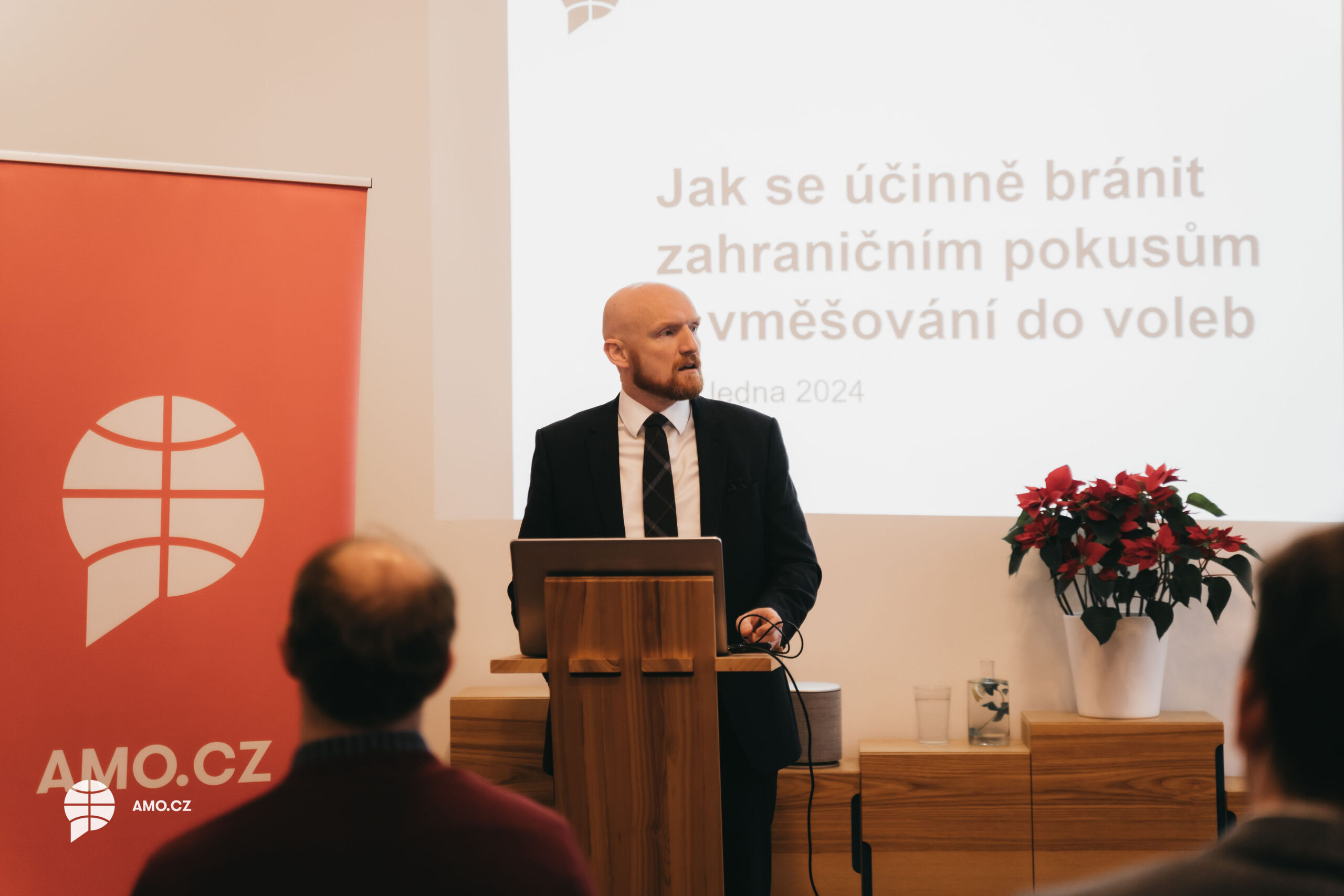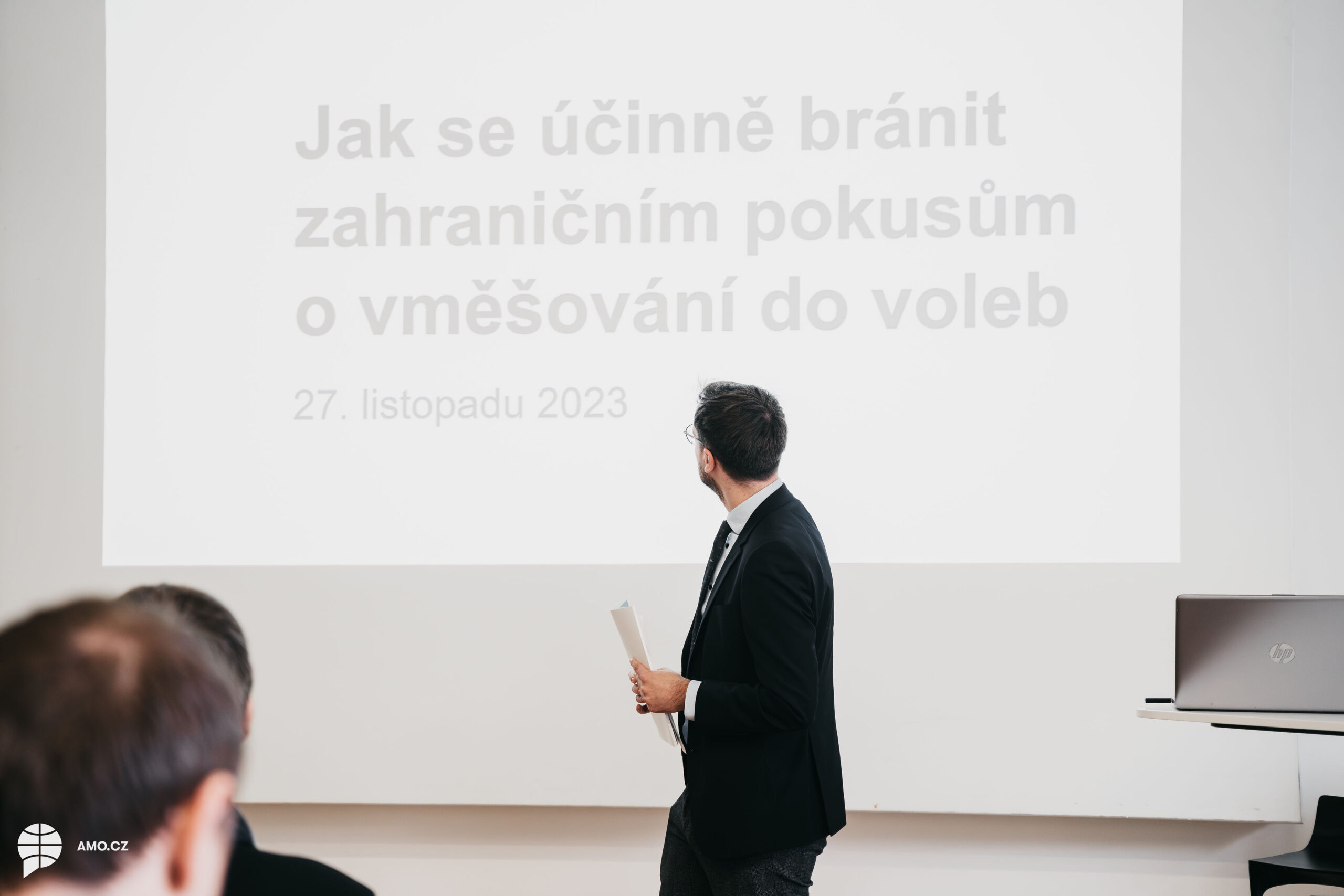This article was originally published by the German Marshall Fund of the United States.
The recent visit of EU High Representative for Foreign Affairs and Security Policy Josep Borrell to Moscow and its aftermath has shown how immature EU foreign policy still is. The EU needs to learn from this affair to start rebuilding a foreign policy consensus and overcome costly divisions. The start of a new U.S. administration, the departure of Germany’s Chancellor Angela Merkel from the scene, and the European Commission’s Strategic Compass project provide opportunities to do so.
Borrell’s failed trip to Moscow was only the most recent wake-up call for the EU. It allowed Russia to humiliate the foreign policy chief, question the reliability of the EU, and even its partnership with the United States. However, the reactions across the EU were telling. Instead of focusing on the need for building something anew, the knives were out in the European Parliament and elsewhere against Borrell. For some, the trip was his personal mistake. Others raised the possibility of a different policy toward Russia to finding common ground with it on selected issues. However, the performance of the high representative is just a symptom of the current EU foreign policy crisis.
Borrell’s mandate for the trip was weak. One group of member states either did not want him to go to Moscow at all or, if he did, to carry a very strong democracy and human rights message. This was fulfilled only partially because there was nobody to listen on the Russian side. Other member states wanted to find out the limits of possible selective engagement with Russia. For both sides, Borrell was a messenger. Yet, once the trip failed to meet expectations, there was suddenly nobody to defend it.
Using Opportunities
A more constructive phase of the EU foreign policy debate should begin now, starting with the meeting of the foreign policy council later next week and of the EU Council in March, which will include a discussion on Russia. The ways out of the EU’s foreign policy crisis are multiple, but there are a few clear opportunities that it should use.
First, there is a new U.S administration that is keen on working with European countries on foreign policy and global issues. The Trump presidency was a largely missed opportunity to build a stronger EU in the world, but a new partnership with the Biden administration might fit the EU’s pattern of thinking better.
Second, things are about to change in Germany. While Chancellor Merkel helped it to overcome several crises, Germany under her leadership also monopolized certain policy agendas and prioritized its own interests over EU ones. The adoption of the Comprehensive Agreement on Investments with China at the end of Germany’s presidency of the EU council shows why this is necessary. Going over the heads of most member states and pushing the European Commission, it drove the completion of the agreement despite a lack of transparency and weak commitments by China to comply with what it has promised. Similarly, the Nord Stream 2 pipeline project that Merkel has defended against all odds is another example of why Europe needs to change its key decisionmaker behind the scenes.
Third, there needs to be a better articulated consensus on policy toward the EU’s friends and foes as well as on what a “global” EU should look like. The European External Action Service is already working on this with its Strategic Compass project. It might be a lengthy process, but it is also an opportunity to get all member states on at least a similar page when it comes to foreign policy.
Russia as the First Stress Test
The EU policy toward major powers will be always complicated, but a new foreign policy consensus on Russia might also show the seriousness and willingness of member states to work together in a competitive world. Members have already tried this when the High Representative Federica Mogherini established “five guiding principles” on Russia in 2016. These covered full implementation of the Minsk agreements over the conflict in Ukraine, closer ties with Russia’s neighbors, building up the EU’s resilience to Russian threats, selectively engaging with Russia on some issues, and supporting Russian civil society and people-to-people ties.
It now seems that the Kremlin is trampling on the last of Mogherini’s principles as it tries to crush Russia’s civil society, independent media, and Alexey Navalny and his team. The EU push against this needs to continue and even be stepped up, as Borrell said, but it might also not be enough. Russia is clearly not interested in having a meaningful dialogue and showing mutual respect when engaging on individual issues. It sees them as opportunities to win tradeoffs without any limits, which for the EU side consist of its values and basic principles for engagement in world affairs.
The EU would look foolish today in trying to hug Russia again to get its support for solving particular security and foreign policy problems. Instead, it should come back to the origins of its own consensus on Russia and further bolster the five guiding principles. There is also much to be done in terms of the EU’s resilience to external influences, including disinformation, hybrid threats, and corruption and money laundering. And the EU’s neighbors in Eastern Europe need it more than ever for dealing with the coronavirus crisis. The Eastern Partnership is slowly but surely slipping away from the EU’s agenda, which is a mistake. The same goes for Western Balkans and its integration. Both would deserve an injection of Euro-Atlantic optimism.
Some have suggested that EU member states should be more ambitious and proceed in relations with Russia in smaller, like-minded groups, but there are serious risks related to this approach. Russia’s attitude toward the European project has always been to divide and rule, and this might be made easier if EU members divide themselves into groups. Instead, they should hold together and gradually find common ground. Some painful compromises might have to be made. Germany should offer at least to postpone Nord Stream 2 to hold the Kremlin to account for its domestic violations. For their part, the Central and Eastern European countries ought to turn more to the European Commission rather than Washington and endorse the concept of EU strategy autonomy.
There are uneasy times ahead for the EU. Only by members sticking together and respecting each other better will it be possible to navigate the great-power competition that will only increase in the coming years.
Image Source: Dion Hinchcliffe/Flickr (Creative Commons)


